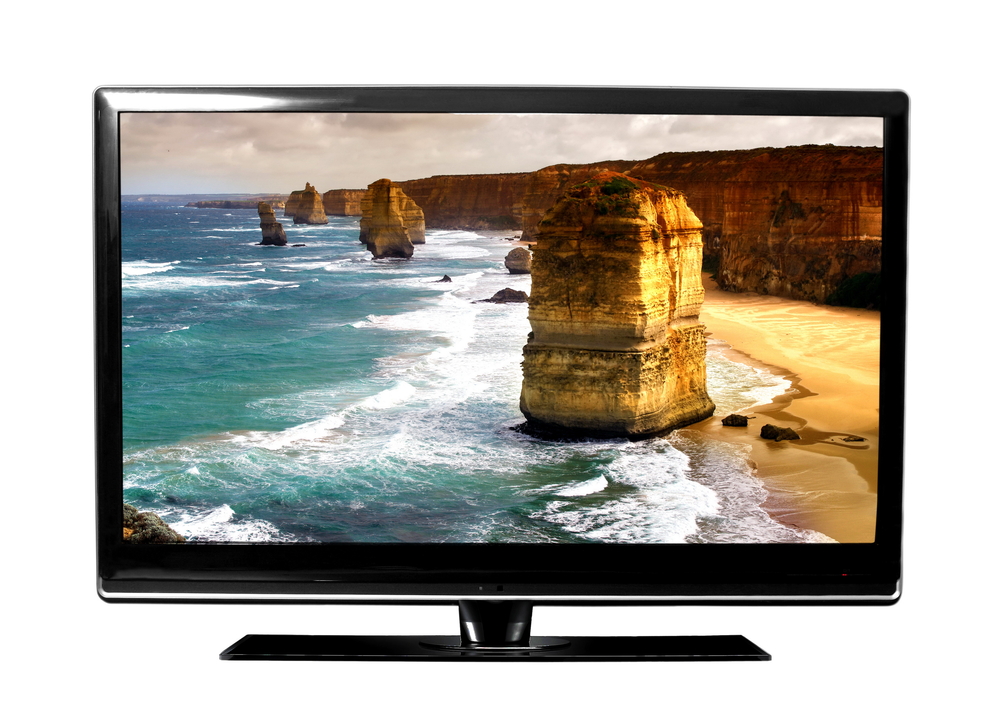Physics is the fundamental science that explores the laws governing matter, energy, space, and time. It encompasses a wide range of phenomena, from the behavior of subatomic particles to the dynamics of celestial bodies. Through rigorous experimentation and mathematical analysis, physicists uncover the fundamental principles that govern the universe, driving technological innovation and deepening our understanding of the natural world. In essence, physics is the cornerstone of human knowledge, illuminating the mysteries of existence and empowering us to unlock the secrets of the cosmos.
